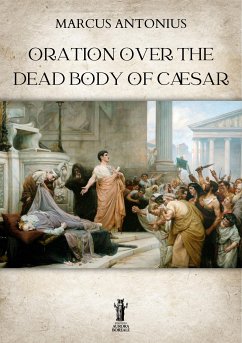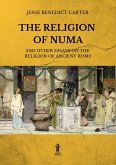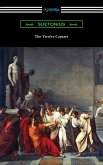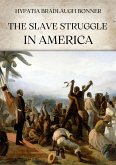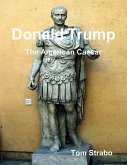Amid the chaos and strife following the assassination of Julius Caesar in 44 BCE, Mark Antony (83-30 BCE), with the advice of Cicero, persuaded the Roman Senate to declare an amnesty which pardoned the Liberators and accepted the legitimacy of Caesar's dictatorship. A public funeral followed, at which Antony delivered his famous funeral oration, a significant first step in his assertion of independent political authority in Rome.
Caesar's funeral took place on 20 March. It was a grand ceremony and the occasion for a funeral oration which, in accordance with tradition, celebrated the deceased's heritage but chiefly recounted the departed's illustrious deeds and their value to the Republic.
The Oration Over the Dead Body of Cæsar was delivered by Marcus Antonius in the Roman Forum, 44 B.C. and reported by Dion Cassius in his History of Rome. We present it to our readers today in the English translation by Herbert Baldwin Porter (1905), Professor of Greek in Lehigh University.
Caesar's funeral took place on 20 March. It was a grand ceremony and the occasion for a funeral oration which, in accordance with tradition, celebrated the deceased's heritage but chiefly recounted the departed's illustrious deeds and their value to the Republic.
The Oration Over the Dead Body of Cæsar was delivered by Marcus Antonius in the Roman Forum, 44 B.C. and reported by Dion Cassius in his History of Rome. We present it to our readers today in the English translation by Herbert Baldwin Porter (1905), Professor of Greek in Lehigh University.

